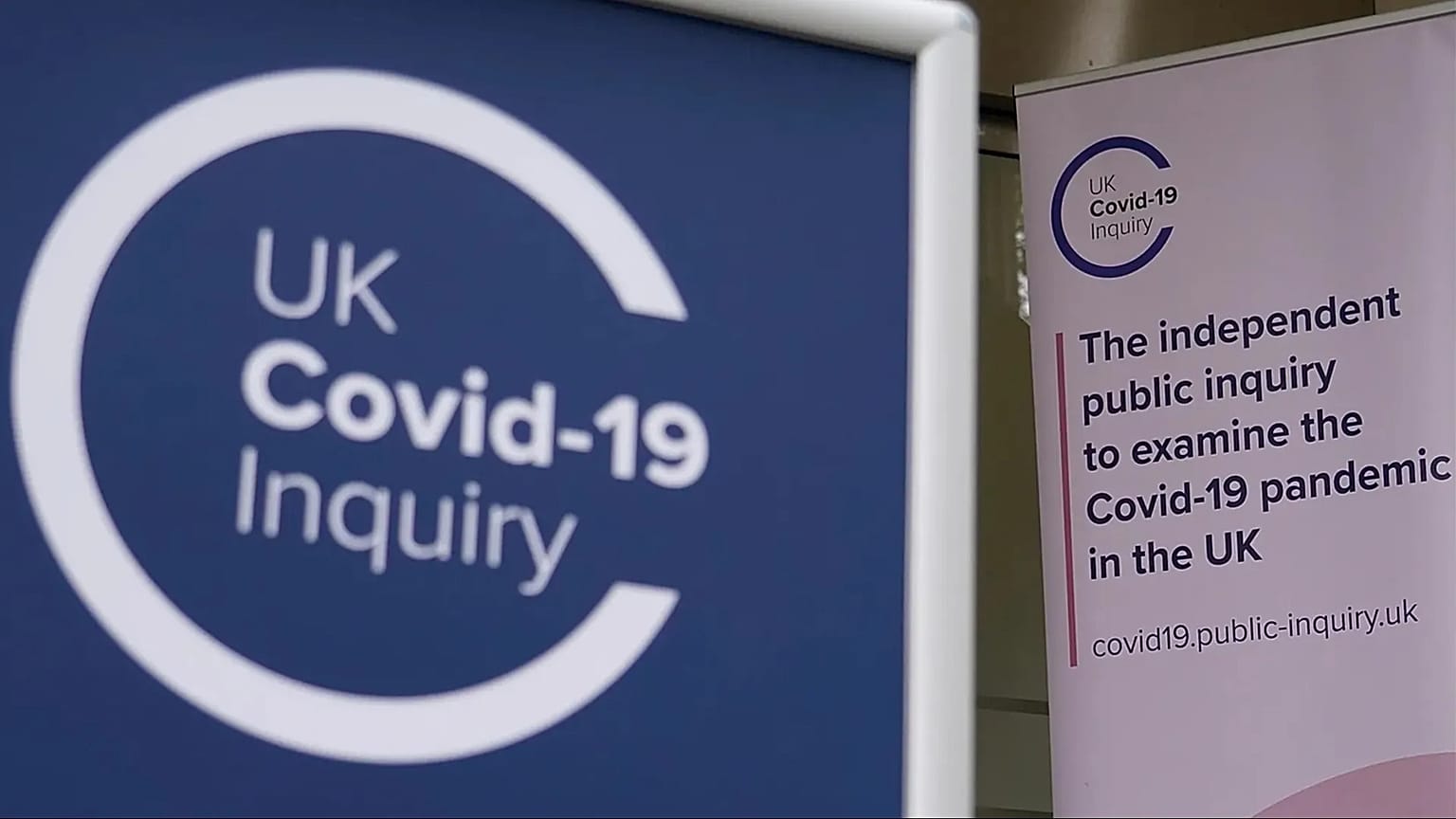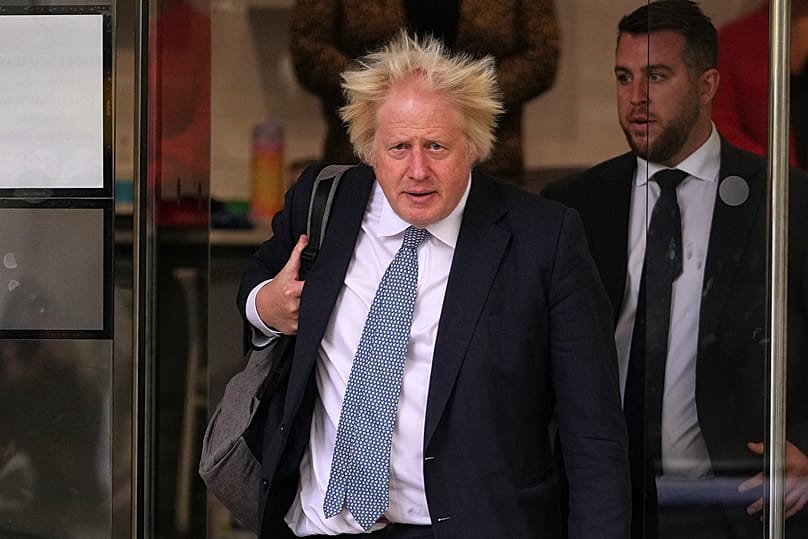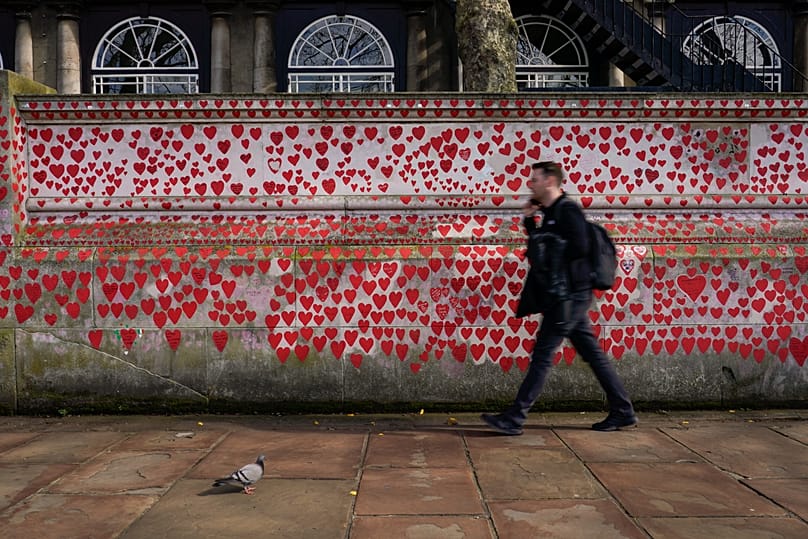The inquiry found that chaos at the heart of the Conservative government and a failure to take COVID-19 seriously potentially cost 23,000 lives in England alone.
The results of a public inquiry released on Thursday slammed the UK government's initial response to the coronavirus pandemic in early 2020 as "too little, too late," saying the failure to lock down the country earlier "led to an unacceptable loss of life."
 ADVERTISEMENT
ADVERTISEMENT
 ADVERTISEMENT
ADVERTISEMENT
The inquiry, chaired by former judge Heather Hallett, found that chaos at the heart of the then Conservative government and a failure to take COVID-19 seriously potentially cost 23,000 lives in England alone the first wave of the pandemic.
Hallett's report on the government response to COVID-19, the second of four topics on the pandemic that she is assessing, found that the then Prime Minister Boris Johnson presided over a "toxic" culture in Downing Street and regularly changed his mind, while leading cabinet members as well as key scientists all failed to act with the urgency needed to tackle the virus.
After weeks of rising cases and days after most other European nations had gone into lockdown, Johnson announced a UK-wide lockdown on 23 March 2020.
Hallett said the actions of the government, as well as those of the devolved nations — Scotland, Wales and Northern Ireland — were "too little, too late."
"Had the lockdown been imposed one week earlier than 23 March, the evidence suggests that the number of deaths in England alone in the first wave up until July 1 2020 would have been reduced by 48%," Hallett said. "That is approximately 23,000 fewer deaths."
She said that the lockdown could have been shorter were it introduced earlier.
"At the very least, there would have been time to establish the effect of the restrictions on levels of incidence and whether there was a sustained reduction in social contact," she said.
The UK suffered one of the deadliest COVID-19 outbreaks in Europe, with about 240,000 virus-related deaths.
The report took aim at several individuals, including Johnson, who was accused of being too "optimistic" in his outlook in the early months of 2020.
Hallett said his special adviser, Dominic Cummings, used "offensive, sexualised and misogynistic" language as he "poisoned" the atmosphere at the heart of the government.
The COVID-19 Bereaved Families for Justice campaigning group welcomed Hallett's findings and put the blame for much of the failings on Johnson, who had himself been hospitalised with the virus in the early days of the pandemic.
"While it is vindicating to see Boris Johnson blamed in black and white for the catastrophic mishandling of the pandemic, it is devastating to think of the lives that could have been saved under a different prime minister," it said in a statement.
"Throughout the pandemic, Boris Johnson put his political reputation ahead of public safety."
Hallett is overseeing a national inquiry into all aspects of the handling of the pandemic. The inquiry started two years ago and is expected to run until 2027.
















